UN Chief Calls On Iran To Refrain From Using 'Disproportionate Force' Against Protesters
UN Secretary-General Antonio Guterres called on Iranian President Ebrahim Raisi not to use "disproportionate force" against protesters who took to the streets after the death of a young woman in morality police custody, his spokesman said Tuesday.
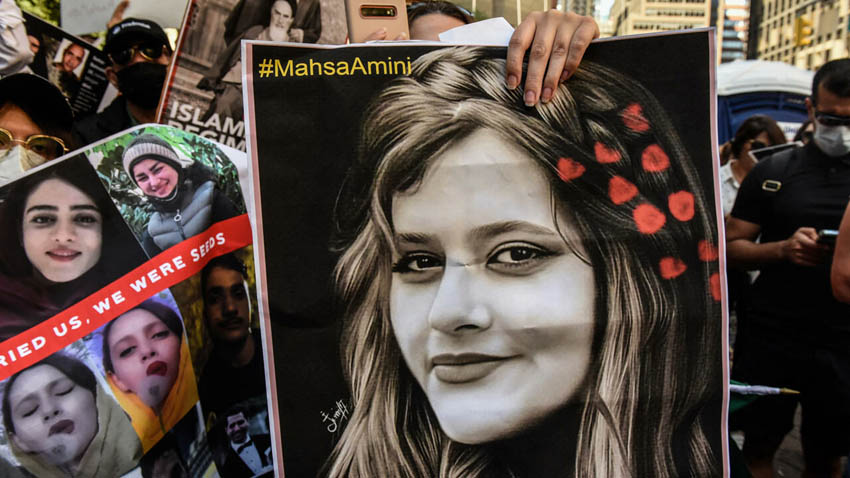
Photo: TYT
UN Secretary-General Antonio Guterres called on Iranian President Ebrahim Raisi not to use "disproportionate force" against protesters who took to the streets after the death of a young woman in morality police custody, his spokesman said Tuesday.
In a bilateral meeting last week during the UN General Assembly, Guterres "stressed to President Raisi the need to respect human rights, including freedom of expression, peaceful assembly and association", spokesman Stephane Dujarric said.
"We are increasingly concerned about reports of rising fatalities, including women and children, related to the protests," Dujarric said in a statement.
He said Guterres "calls on the security forces to refrain from using unnecessary or disproportionate force and appeals to all to exercise utmost restraint to avoid further escalation".
He also called for a "prompt, impartial and effective investigation" into the death of Mahsa Amini, the young woman who died in the custody of Iran's morality police, sparking nationwide protests that have left at least dozens of people dead. Raisi on Saturday labelled the protests "riots" and urged "decisive action against the opponents of the security and peace of the country and the people", his office said.
Amini died from 'blow to the head', family says
Mahsa Amini died after a "violent blow to the head", her cousin, Erfan Salih Mortezaee, told AFP.
Mortezaee said Amini's mother told him what happened in a phone call. Amini had gone to Tehran with her parents and 17-year-old brother to visit relatives before starting university. On September 13, Amini, her brother and female relatives went out in the capital. On leaving the Haghani underground station, "the morality police stopped them, arresting Jhina and her relatives", Mortezaee said.
Mortezaee, 34, lives in Iraq's autonomous Kurdistan region where he joined the Iranian Kurdish nationalist group Komala, which is seeking autonomy for Kurdish-populated areas of northwestern Iran and has conducted a long-running cross-border insurgency against the Tehran authorities.
He said Amini's brother tried to tell the police that they were "in Tehran for the first time" and "did not know the (local) traditions". But his appeals fell on deaf ears.
"The police officer told him, 'We are going to take her in, instill the rules in her and teach her how to wear the hijab and how to dress'," Mortezaee said.
In Iran, women – regardless of their faith – are required to cover their hair, and the morality police bans them from wearing coats above the knee, tight trousers, bright colours or torn jeans. The code has been widely skirted for decades, particularly in major cities, but there have been periodic crackdowns.
"The police officers hit Jhina, they hit her in front of her brother," Mortezaee said.
"They slapped her, they hit her hands and legs with a baton," he said, adding that they also sprayed her brother in the face with pepper spray.
Jhina and her relatives were forced into the morality police van and taken to a station on Vezarat Street. The beatings continued during the ride, Mortezaee said.
"When they hit her in the head with the baton, she lost consciousness," he said. "One of the officers said: 'She's putting on an act'."
After they arrived, it was at least another hour and a half before she was taken to a Tehran hospital, despite pleas from her relatives, Mortezaee said.
After three days in a coma, she was pronounced dead.
-
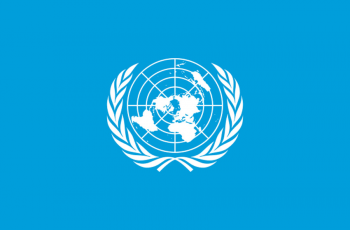
Asia hit hardest by climate and weather disasters last year, says UN
2024-04-23 -

Denmark launches its biggest offshore wind farm tender
2024-04-22 -
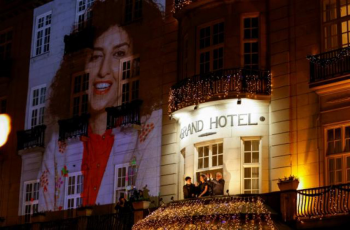
Nobel laureate urges Iranians to protest 'war against women'
2024-04-22 -
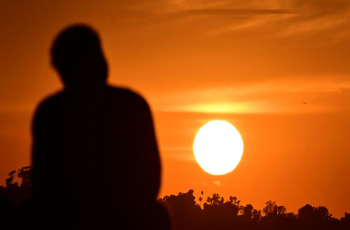
'Human-induced' climate change behind deadly Sahel heatwave: study
2024-04-21 -
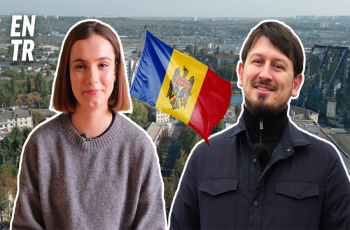
Moldovan youth is more than ready to join the EU
2024-04-18 -
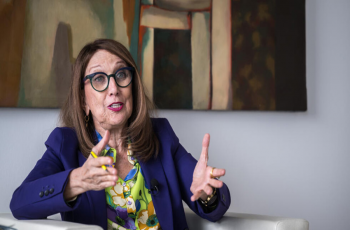
UN says solutions exist to rapidly ease debt burden of poor nations
2024-04-18 -
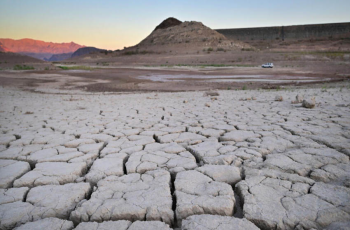
Climate impacts set to cut 2050 global GDP by nearly a fifth
2024-04-18 -
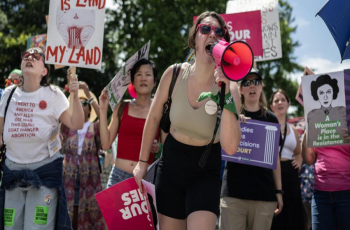
US sterilizations spiked after national right to abortion overturned: study
2024-04-13 -
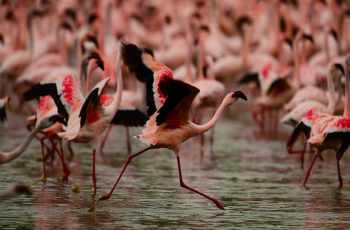
Future of Africa's flamingos threatened by rising lakes: study
2024-04-13 -

Corporate climate pledge weakened by carbon offsets move
2024-04-11
